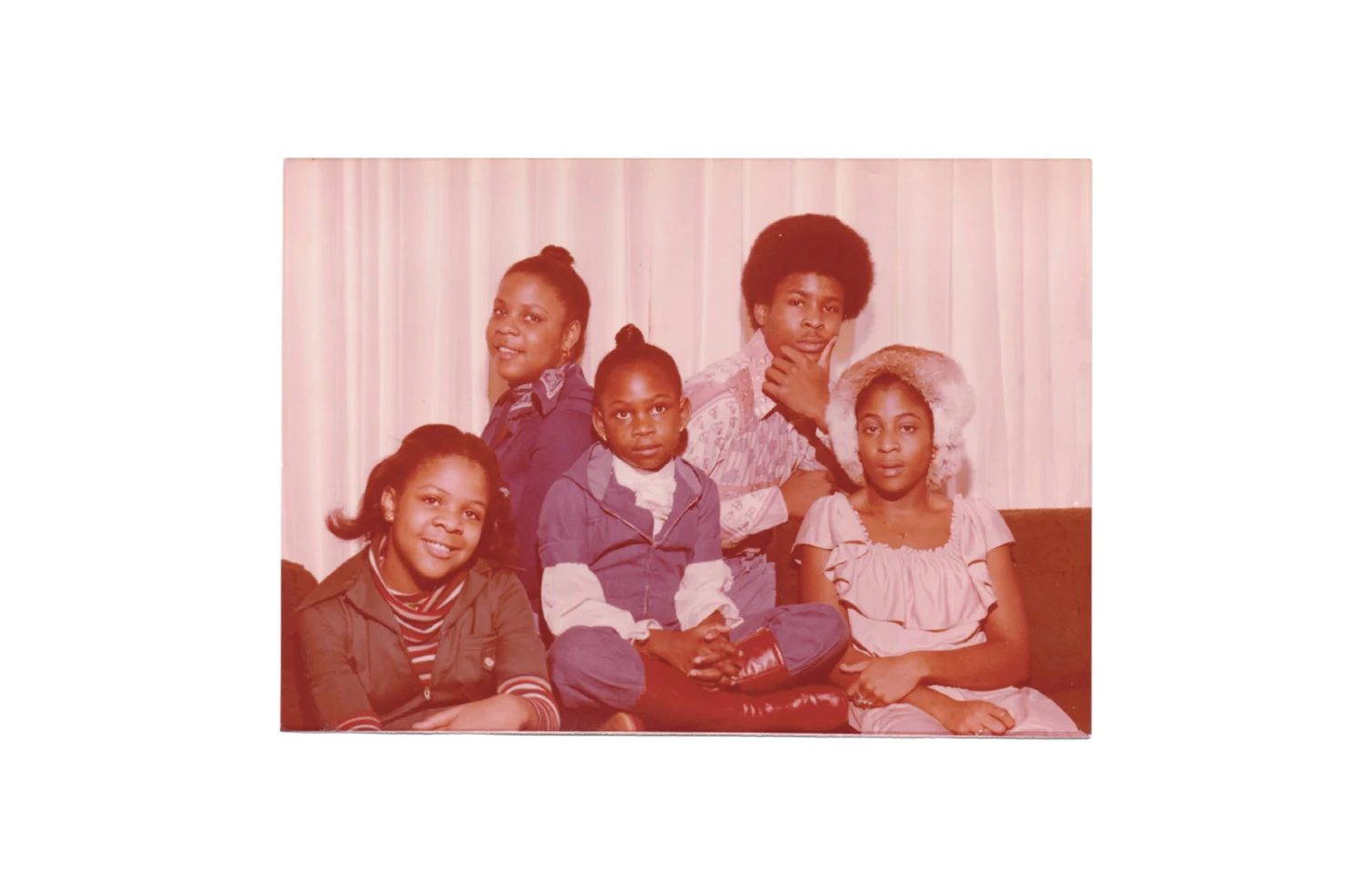fubu: for us, by us
For decades, school curriculums have included books written by white authors about black experiences in an effort to help students expand their empathy and understanding of our racial history. Unfortunately, due to Jim Crow laws, rampant red-lining, miscegenation laws and segregation, these stories were told by white writers who had little if any intimate knowledge of black lives, and who also had white readers—not black readers—in mind. Often, there was little attention given to racial equity or sensitivity – but these are the books that are often the only ones about race covered in schools.
As a kid, I suffered in the classrooms of white teachers who, more often than not, inadequately handled these books. Now, as a mother who has helped my daughter navigate the same troubling waters, I hope to encourage parents and educators to expand their literary imaginations and search out new voices.
In her book To Kill A Mockingbird, Harper Lee uses the “n” word 48 times. This and the fact that she didn’t write the book for children but for white adults should give us sufficient enough reason to not naïvely welcome the book into classrooms. I honestly have no problem with the book being taught—however, I do take issue with it being limply handled, without a firm grip. I love Scout and the whole gang, but I hate the anxiety and racial trauma these characters have caused innumerable black students over the decades. I don’t think Lee, or others who have written similar narratives, intended harm. But at the time they wrote these stories, most schools were still struggling to integrate, as were pubic libraries.
Unfortunately, because she gave so few interviews and very little commentary about her book, we’ll never know Lee’s intentions for writing it. I’m giving her the benefit of the doubt and assuming that she never intended for her 48 uses of the “n” word to give white students 48 reasons to use the slur outside the classroom. At the end of the day, Harper Lee was a writer who told a story about racial justice, not a teacher or advocate for racial justice. Educators and parents who read the story with students have to decide what role we will play. Will we be violent abusers of the text, teaching it without context and stuck within our own biases? Or will we be humble and courageous enough to teach the book within the context of our current times, which require much more from us?
I sure hope it will be the latter, which requires additional reading to correct Lee’s blind spots. Or in many cases, it may require us to make the tough decision to not teach the text at all, if we are unable to do it with such carefulness that it leaves no scars on any child of color. That’s a tall order.
So here are some books that I think can become new classics, or at least a companion to more troubling literary works, like Lee’s and others. They are all written by black writers. Some use the “n” word, but none as gratuitously as Lee or Twain or Steinbeck or other white writers. I feel that if we have to address the word, let it be from a voice, narrative, and perspective that belongs to those the word most offends.
BOOKS WRITTEN BY BLACK AUTHORS TO TEACH ALONGSIDE (OR FLAT-OUT REPLACE) TO KILL A MOCKINGBIRD, THE ADVENTURES OF HUCKLEBERRY FINN AND OF MICE AND MEN
For Middle School:
Brown Girl Dreaming by Jaqueline Woodson
A Sky Full of Stars by Linda Williams Jackson
Roll of Thunder, Hear My Cry by Mildred D. Taylor
Ghost Boys by Jewell Parker Rhodes
March Graphic Novel Series by John Lewis
Stella by Starlight by Sharon M. Draper
One Crazy Summer by Rita Williams Garcia
We Rise, We Resist, We Raise Our Voices edited by Wade Hudson
Stars Beneath Our Feet by David Barclay Moore
Stamped: Racism, Antiracism and You by Jason Reynolds and Ibram X. Kendi
Woke: A Young Poet’s Call to Justice by Mahogany L. Browne
Harbor Me by Jaqueline Woodson
Look Both Ways: A Tale Told In Ten Blocks by Jason Reynolds
The Season of Styx Malone by Kekla Magoon
The Power Book: What Is It? Who Has It and Why? With a Foreword by Roxane Gay
The Parker Inheritance by Varian Johnson
The River and the Rock by Kekla Magoon
Clean Getaway by Nic Stone
How High the Moon by Karyn Parsons
Calico Girl by Jerdine Nolan
Finding Langston Trilogy by Lesa Cline-Ransome
The Crossover Series by Kwame Alexander
Pet by Akwaeke Emezi
What Lane? By Torrey Maldonado
A Good Kind of Trouble by Lisa Moore Ramée
Midnight Without a Moon by Linda Jackson Williams
One Last Word: Wisdom from the Harlem Renaissance by Nikki Grimes
The Skin I’m In by Sharon G. Flake
Tristan Strong Punches a Hole in the Sky by Kwame Mbalia
Genesis Begins Again by Alicia D. Williams
This Book is AntiRacist by Tiffany Jewell
Ninth Ward by Jewell Parker Rhodes
The Road to Paris by Nikki Grimes
We Troubled the Waters by Ntozake Shange
Black Panther Graphic Novel Series by Ta-Nehisi Coates
For High School:
Kindred by Octavia Butler
The Underground Railroad by Colson Whitehead
The Hate U Give by Angie Thomas
Sing, Unburied, Sing by Jesmyn Ward
The Bluest Eye by Toni Morrison
Their Eyes Were Watching God by Zora Neale Hurston
They Can’t Kill Us Until They Kill Us by Hanif Abdurraquib
Black American Short Stories edited by John Henrik Clarke
Friday Black by Nana Kwame Adjei-Brenyah
The Poet X by Elizabeth Acevedo
The Interesting Narrative of the Life of Olaudah Equiano, or Gustavus Vassa, the African. Written by Himself
Narrative Life of Frederick Douglass by Frederick Douglass
The Street by Ann Petry
A Raisin in the Sun by Lorraine Hansberry
Monster by Walter Dean Myers
Pride by Ibi Zoboi
Long Way Down by Jason Reynolds
All American Boys by Jason Reynolds and Brendan Kiely
Dear Martin by Nic Stone
American Street by Ibi Zoboi
Piecing Me Together by Renée Watson
Americanah by Chimamanda Ngozi Adichie
Children of Blood and Bone by Tomi Adeyemi
Coming of Age in Mississippi:The Classic Autobiography of Growing Up Poor and Black in the Rural South by Anne Moody
Native Son by Richard Wright
Piecing Me Together by Renée Watson
The Souls of Black Folk by W.E.B DuBois
I Know Why the Caged Bird Sings by Maya Angelou
Not Without Laughter by Langston Hughes
Notes of a Native Son by James Baldwin
Fire Next Time by James Baldwin
Where Do We Go from Here: Chaos or Community by Dr. Martin Luther King
The Autobiography of Malcom X: As Told to Alex Haley
Invisible Man by Ralph Ellison
The Color Purple by Alice Walker
The Autobiography of Miss Jane Pittman by Ernest J. Gaines










